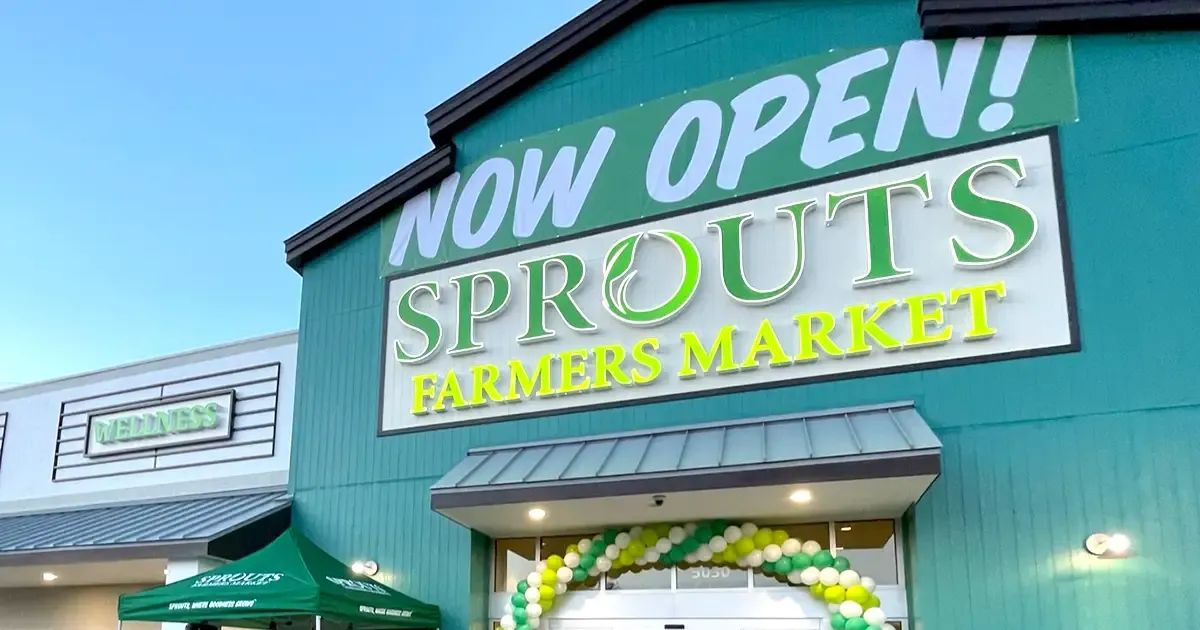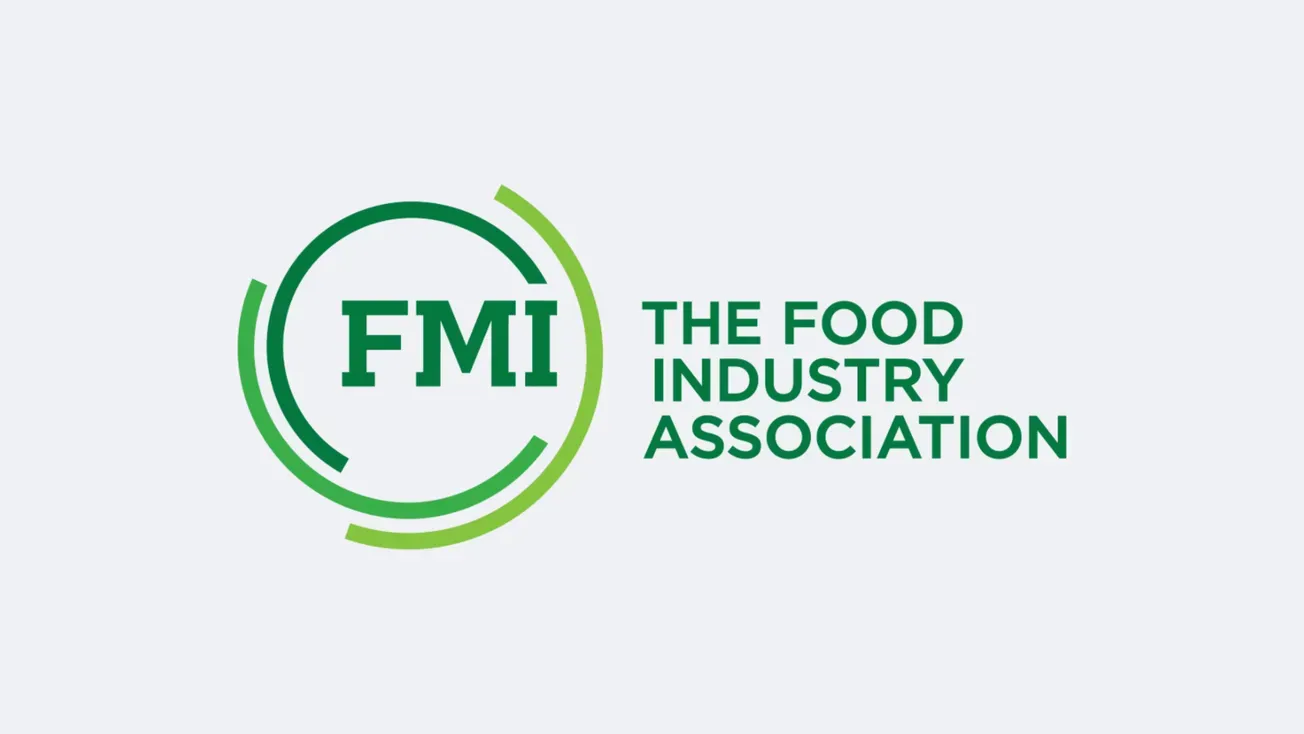AUDUBON, Pa. – Cleanlogic is the No. 1 brand in skin and bath tools at U.S. food retailers, per Nielsen, and has the second-leading share in the multichannel marketplace. The quality of its assorted luffas, exfoliating washcloths and back brushes is good, but the brand’s story is the bigger driver of its sales growth.
Cleanlogic’s mission, as set forth by co-founders Isaac Shapiro and Mike Ghesser, is to increase employment among Americans with disabilities, who collectively comprise 37% of the nation’s workforce. A tour of production facilities here offers a model for how their goal might be realized.
“I want to increase employment for people with disabilities by 10%,” Shapiro said this week during a ribbon-cutting event celebrating the upgrade of Cleanlogic’s production operations to meet rising demand and to spread the word that a more inclusive workplace is an asset for any enterprise, from other CPG companies to retailers, and from government agencies to nonprofits.
Eighty percent of Cleanlogic’s production crew are disabled due to autism, hearing loss, vision impairment or “neurodivergence,” a term applied to people whose brain differences affect how their brain works. The composition of the crew is a tremendous selling point for Cleanlogic.
Support for companies that take a stand
Consumers want to support businesses with clear missions that align with their values, according to Accenture, which says about two-thirds of U.S. consumers want companies to take a stand on issues like sustainability, transparency, and fair employment practices.
Retailers are also responding positively to Cleanlogic’s story, said Kirk VanRoekel, the company’s chief revenue officer. None more positively than Walmart, whose executives were impressed with a presentation Shapiro made at one of the retailer’s “open call” sessions, where suppliers pitch products to Walmart buyers.
Walmart, which has its own initiative to hire workers with disabilities, pledged to buy Cleanlogic products at a fair price, one that was above the prevailing market price, VanRoekel said, and that commitment allowed the brand to return overseas production to the United States, with an assembly line modified with tweaks as simple as attaching magnifying glasses to sewing machines and applying raised tape to the floor to help visually impaired workers use a cane to move between work stations.
“Walmart first order was for 96,000 units, which made Isaac a little nervous,” VanRoekel said. But two years in, the partnership has proven to be a success, with more than 2 million Cleanlogic bath and skin care tools purchased by Walmart shoppers.
Walmart is fully on board with the notion that “a people-led company is good for business,” Jerrit Davis told attendees at the ribbon-cutting. Davis, vice president of merchandising, personal care at Walmart, said he and others at the company are “blown away by Isaac’s passion” to create a purpose-driven brand.
Family stories to tell
Shapiro traces his inspiration for becoming a social entrepreneur to his mother, Beatriz, or Bea, who started losing her vision at age seven and was diagnosed with retinitis pigmentosa, a group of rare diseases affecting the retina which left Bea legally blind. Despite the handicap, Bea graduated from college and pursued a professional career that led to establishment of a program to train blind and visually impaired students to use adaptive computer technology to gain employment.
Ghesser also has a family story to tell about dealing with disability. His daughter, Rosemary, was born with a rare neurological disorder that has forced her to communicate through an augmentative and alternative communication (AAC) device.
Shapiro and Ghesser started their company 22 years ago and from the beginning have sought to make it a socially responsible business willing to accommodate differences.
“Accessibility is not a box to check, it’s a way of doing business,” Shapiro said.
Among other things, this commitment has meant including Braille characters on products to aid visually impaired users and converting its product packaging to paper from plastic to make it possible to carry product messages in Braille.
It also has meant hiring people like Michael Jarmon, a 59-year-old production assistant who, despite partial vision in his right eye, is legally blind. Jarmon previously held a comparable production job with a nonprofit and is happy to be with Cleanlogic, which he describes as “a melting pot of people with disabilities.” Adds Jarmon, “We’re like a family. Everyone calls me Uncle Mike. The culture is very caring. No one is looking down on you; no one talks down to you.”
'Meaningful jobs, meaningful careers'
Production employees at Cleanlogic earn between $17 and $20 an hour and receive health insurance and access to a 401(k), said Soledad O'Brien, the broadcast journalist, documentarian and philanthropist who hosted the ribbon-cutting and is raising a son with neural hearing loss.
"Cleanlogic is providing a model for any company that wants to provide disabled workers with meaningful jobs, meaningful careers," O'Brien said. "It is showing that a company can build a domestic supply chain based on their model."
Cleanlogic also used the ribbon-cutting to publicize a $50,000 donation to the Inspiration Foundation, a Shapiro project that aims to establish a certification seal that suppliers that satisfy certain inclusion metrics could affix on product packaging or use in advertising.
Meanwhile, Shapiro says, Cleanlogic collaborations like the one with Walmart (one of 14) help spread the message that “there are advantages to hiring people with disabilities.”






